Darina Allen’s latest cookbook, One Pot Feeds All, is all about making cooking from scratch as straightforward and pleasurable as possible. What could be easier than transferring a batch of ingredients to one pot, where the flavours can merge and form a dinner that is greater than the sum of its parts? As Darina says, cooking using just a single pot is liberating, satisfyingly efficient and relatively inexpensive. There’s less juggling of different elements, no complicated techniques, little space required and less washing up to do. What’s not to like? You can cook in one pot for one person or one hundred — all you have to do is scale up or down ingredients. It’s perfect for solo cooks, families and anyone wanting to rustle up a feast for friends.
We spoke to Darina for an exclusive insight into the new book, what she loves to cook at home at this time of year, and what we can all do to reinforce the foundations of home cooking for future generations.
What are your favourite foods to cook at this time of year?
Well we obviously like to cook as seasonally as possible and autumn is a gorgeous time of year for it. We’re using autumn squash, pumpkin, lots of kale, cabbage, and of course plenty of lovely root vegetables are just coming in: carrots, white turnips, celeriac, parsnips and leeks. You can create some really gorgeous one-pot stews with those base ingredients; maybe throw in some cupboard ingredients like beans and spices, and you’re well on your way to a delicious autumnal meal that is so good for you.
How can home cooks take steps to cook more seasonally and using local ingredients?
I think it’s really important to have a well-stocked storecupboard and some trusted recipes that can be adapted in any number of ways; that way, you can gradually add in one or two fresh vegetables to make it a seasonal meal. Again, a cupboard of dried beans or pulses is a great base for a hearty winter stew once you add in some root veg and spices, but you can also adapt that for summer cooking with courgette, tomatoes and fresh herbs… I think a big part is just being aware of what is in season. It’s hard to know when shopping in the supermarket because you have access to everything all year round and there is very little information on fresh produce to indicate what is in season. What a game changer it would be if every time we went shopping, we asked what was in season — just taking smaller steps to become more aware of what fruit and veg in the produce aisle are seasonal is a terrific way to find out which foods you should be focusing on at any given time of the year.
What are some of the best perks of one-pot cooking?
What’s not to like? It’s fast, it’s nourishing and with very little clean-up! You can use a slow cooker or a good heavy dish on the hob, and the joy is that you can more or less throw all your lovely ingredients into the one pot in the morning, and leave it bubbling away happily as you go about your day. It’s also really economical; cooking something low and slow allows you to draw out all the gorgeous flavours of what you’re working with, so you have one of the best homemade meals waiting for you to tuck in. You can work with cheaper cuts of meat because the long cooking time helps break down tougher fibres. Seasonal root vegetables and beans hold up really well too, and drawing out those flavours and textures means you usually end up with a lovely unctous gravy. Also, let’s not forget that one-tray dishes are essentially also one-pot, so you can do one-tray roasts or one-pan dinners that are so satisfying.
What advice would you give to a novice home cook?
I always say to master a few basic recipes first and then, once you’re confident with them, start adapting them based on what you have on hand or what’s in season. Try a basic stew: start by sweating off the base ingredients like onions, some streaky bacon or pancetta, then building the flavours by slow-cooking chicken, lamb, beef or veg and eventually adding potatoes about halfway through; it’s a technique you can use so many times over. A good roast is another one; once you’ve become familiar with the technique, you can swap out whichever meat or veg or spices you want and turn one base recipe into four or five that you can rotate.
Who inspires you when it comes to cooking?
Goodness me, our meals are always produce-driven, so it’s really what’s in the garden that dictates what we’re cooking. Where other people see weeds, I see dinner! It’s very much having a look at what’s available and then thinking about how I can put that together. I think people have a mania about cheap food and they can think that the only thing that matters when it comes to a food shop is the price, but when you think about how much depends on a wholesome, nourishing dinner, I think it becomes clear that it’s worth investing in good food. Now, I don’t mean it needs to be all high-end price tags, but we should be buying quality whole foods that will do our bodies good. My mother had a mantra, “your food should be the medicine,” and what you don’t spend on good food goes to the doctor. This means that if quality food is a long way down the list of priorities, you’ll end up needing supplements, and that money you saved by buying cheap or processed food goes straight into doctors’ bills. I know we’re so incredibly busy now, but if we could cut down on processed foods — or cut them out completely — we’d be doing our bodies so much good. You can think of it as petrol; you need to get the proper stuff to make the machine last its longest and run smoothly. We’ve allowed ourselves to become increasingly de-skilled when it comes to cooking, and this starts with not prioritising food education for young students at school. This is why it’s so important to make sure there is a culture of cooking at home and children are exposed to preparing and working with food at a young age. Otherwise, they’ll think that cooking is just about tossing something in the microwave or ordering a takeaway. I do think there is a big resurgence for a return to basic cooking skills and it’s wonderful to see more younger people championing Irish ingredients and proper home cooking, but it always needs to start at home.
What do you find most encouraging about cooking and eating in Ireland today?
In the end, home cooking is by far the most important kind of food. Restaurants and high-end food is beautiful and inspiring, and you can go for all these smears and fancy marks on a plate once in a while, but what’s most important is that food is delicious and nourishing. So, it doesn’t need to be a fancy meal — it can just be a gorgeous roast chicken or a chunky soup. People are busier now more than ever and have so many balls in the air at any one time, and I think we can be in this constant state of guilt trying to manage it all. What’s so important is that we don’t take the easy road when it comes to food and settle for food that has no nutritional value. In this latest book, I want to show how fast and simple it can be to make a home-cooked meal from scratch: just throw it into a pot, have lots of lovely bread and tuck in! The last bit — and this is something that may not be included in any recipe, but is also so important to a good meal — is that you make time to sit down and enjoy it. Again, we’re all busy, but it’s vital that we sit down around a kitchen table and have that quality time. Even if it’s only 10 minutes and you’re battling over something with your sibling, at least you’re making communication a priority and you’re giving the food and the meal the proper attention it deserves. Preparing proper food is taking care of your physical health, while sitting down to the meal is all about your mental health.
- summer events
- small business
- gut health
- OATLY
- healthy
- Crudo
- top tips
- All Together Now
- fridge cake
- Events Waterford
- me auld flower
- Events Ireland
- food festival
- news
- dublin
- events Dublin
- dublin festival
- Home-Cooking
- food and drink festival
- online cooking course
- festival line-up
- cooking
- Summer festival
- eco-friendly
- Events
- cosy
- Festivals Ireland
- wine
- Body & Soul
- grapes
- music festival
- south africa
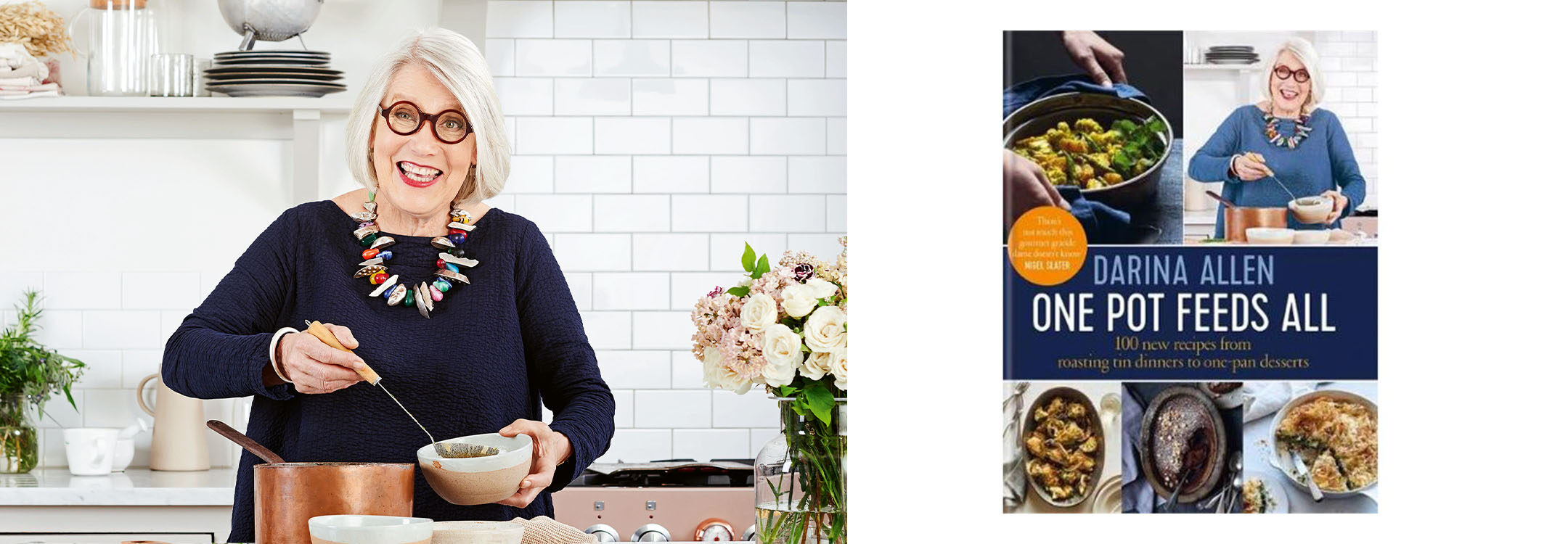

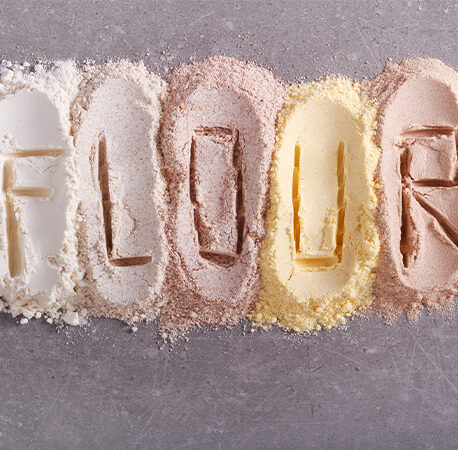
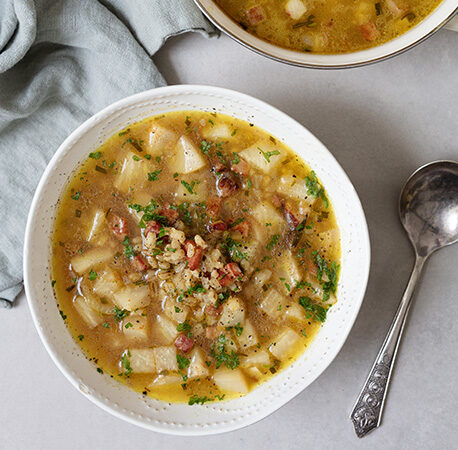
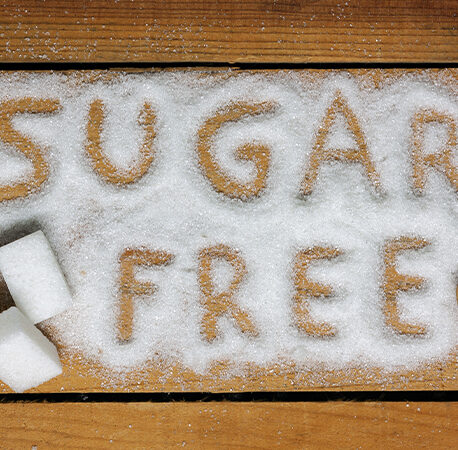
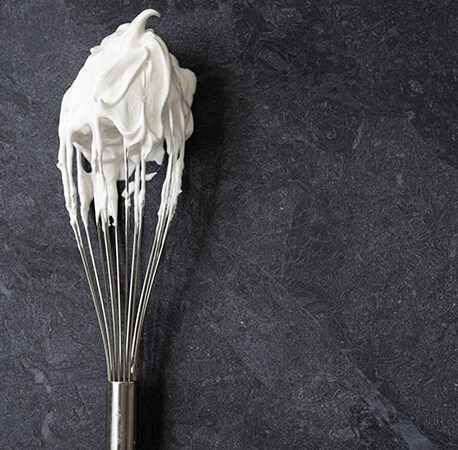
You have to be signed in to comment this post.